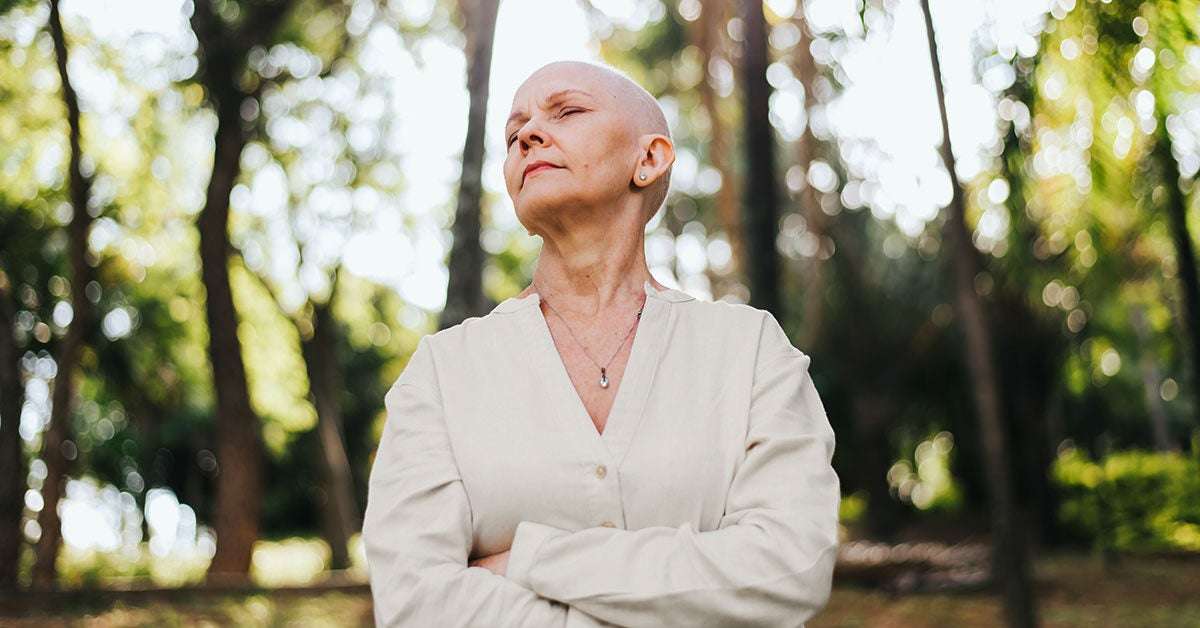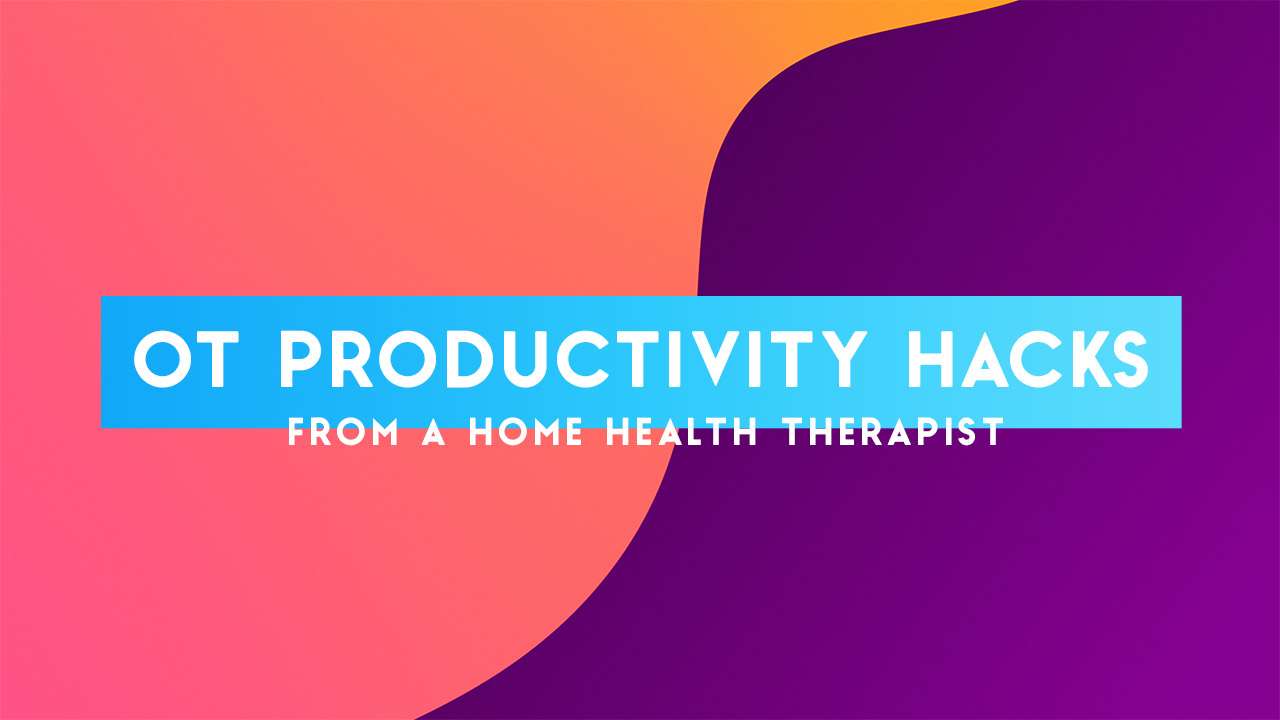14 Skills Needed to be a Counsellor
If you’re interested in helping guide people through their social, psychological, medical, relational, educational and vocational difficulties, you might want to pursue a career as a counsellor. But do you have what it takes to be a great counsellor? Find out here as we give you the top 15 skills you need to succeed as a counsellor.
What’s a counsellor?
A counsellor is usually concerned with people’s practical issues and providing them with support. They’ll talk about and work through a person’s problems to help them explore potential strategies to address and overcome them. Common issues that people seek guidance from a counsellor include stress, addiction, relationship problems, career issues and divorce. Counsellor’s become qualified by undertaking a counselling course that teaches them a variety of essential skills necessary to succeed as a counsellor.
What skills does a counsellor need?
Here are 14 skills you need to be a counsellor:
1. Communication skills
You need excellent verbal communication skills to effectively talk to a range of different people. Counsellors will often have to question clients and conduct interviews, and they need to be skilful in doing so as to not further upset or cause stress to clients.
2. Interpersonal skills
Counsellors need to be able to work effectively with different groups of people, including clients and colleagues. You may have to work with a client for months or even years, so having the talent for building relationships is also important. You should be aware of a client’s reactions and understand the reasons behind them, as well as know how to persuade a client to change their mindset or behaviour.
3. Understanding of ethics
You must have a solid ethical code and keep sessions with your clients confidential to ensure their safety and well-being. You should also be aware that your work can have significant effects on people, and you need to keep this in mind when dealing with others. This is something that you can learn through undertaking training for counselling.
4. Patience
You need to be patient when working with your clients. You should understand that a lot of time, like several months or even years, can pass before substantial results can be seen. Patience is key for true progress to be made, and you need the ability to keep yourself motivated even when results aren’t instantly obvious.
5. Compassion
You should have a desire to help others, be sympathetic, and be able to empathise with your client’s pain and other problems. You need the ability to put your patients at ease and make them feel comfortable.
6. Emotional stability
You must have a solid emotional footing and the ability to handle the stress and emotional turmoil caused by working with people who are distressed.
7. Knowledge of laws and regulations
You should be familiar with the laws and regulations that control the industry in your state. You must also be able to work in the profession within the boundaries of the law.
8. Open-mindedness
You need to be open-minded and tolerant of different people and situations. You should also be open to new research and new ways of thinking that could challenge your practices.
9. Trustworthiness
You must be trustworthy and be able to inspire your patients to confide in you and with their problems, otherwise they won’t improve or return to you.
10. Research skills
You must know how and where to find the information you need and evaluate it effectively. This applies when you’re trying to help a client by seeing what other solutions have been tested. You can look at scientific journals that have information from decades of research.
11. Problem-solving skills
You need to be able to solve problems as they arise. You should have alternative strategies available and be able to implement them fast to ensure your client can move forward. There are specific problem-solving strategies that counsellors use, and you can learn these in a counselling course.
12. Observational skills
You should be able to observe a person’s facial expressions, body language, and social interactions during appointments to find clues that determine their attitude and behaviour. You need to know how to conduct interviews, watch for specific behaviours, and observe your client thoroughly to be able to help them.
13. Reasoning skills
You need reasoning skills so you can see subtle connections between problems that don’t seem related. This means you must be able to take a broader view of human behaviours and find similarities or general principles at play instead of focusing on the individual details of a case.
14. Computer skills
You should know how to use a computer so you can take notes and download and save large reports and client files. You also need to know how to use medical software for recording client information, spreadsheet and word-processing programs for writing reports, and billing programs for submitting and tracking invoices to your clients and insurers.
Start your journey as a counsellor today
As you can see, there’s lots of skills you need to have if you want to be a counsellor, and you can learn them by studying an ICI Diploma or ICI Advanced Diploma in Counselling & Psychology. With these skills, you’ll be able to make a difference in people’s lives, which is one of the best things about being a counsellor. So what are you waiting for? Enrol today!
Online, career focused education that suits your lifestyle.
See our courses
by Gladys Mae
Gladys Mae serves as the General Manager and Head of Student Services at the International Career Institute. Gladys holds a degree in Mass Communication – Broadcast Media from the University of San Jose-Recoletos. She joined ICI in 2010 and has over the past 12 years been instrumental in providing leadership and guidance to staff and students alike. Prior to joining ICI Gladys led a multifaceted career with key roles in the banking and business process outsourcing industries.
A mature attitude and relevant experience is considered to be as important as the degree subject you studied.
Counsellors listen to, empathise with, encourage and help to empower individuals. The nature of problems encountered varies according to the setting and could include, for example, depression, anxiety, the need to manage harmful emotions and behaviours, or difficulties with coping with traumatic experience and events. Counsellors may work with clients with mild to moderate mental health problems or drug-related problems, or with people who need support because of genetic disorders or diseases such as cancer.
Counsellors do not advise their clients, but seek to help them to understand themselves better and find their own ways to cope or to resolve problems. Referral and liaison with other agencies is a feature of the work.
Counselling typically involves a series of formal sessions at a regular time and place, where the counsellor and the client can talk about the client’s issues and feelings.
Typical responsibilities include:
- Providing counselling face to face, over the telephone, or online
- Working with individuals, families or groups
- Keeping confidential records
- Building a relationship of trust and respect with clients
- Listening to clients’ concerns, empathising with them, and helping them to see things more clearly or in a different way
Typical employers of counsellors
Vacancies are advertised online, including the Community Care and NHS websites. They are also listed on the websites of relevant professional bodies such as the British Association for Counselling and Psychotherapy (BACP).
Vacancies are advertised in a variety of publications including The Guardian , Community Care and Nursing Times . They are also listed on the websites of relevant professional bodies such as the British Association for Counselling and Psychotherapy (BACP).
Some counsellors are successfully self-employed, although this is only possible if you have a good network of contacts for referrals.
Qualifications and training required
While it certainly doesn’t have to be the case, it is common to enter this profession later in life. Experience can be gained through direct approaches to employers, voluntary work, job shadowing and networking.
You can become a counsellor both with or without a degree. For graduates, it’s possible to enter the profession with a degree in any subject. A mature attitude and relevant experience is considered to be as important as the degree subject you studied, although a psychology or social science degree can be advantageous.
Although there are no set requirements for practising as a counsellor, most employers would expect you to belong to one of the voluntary registers for counsellors maintained by relevant professional bodies listed by the Professional Standards Authority. These professional bodies include the British Association for Counselling and Psychotherapy (BACP).
Student membership of BACP is open to those studying on a BACP-accredited course or other counselling course at diploma, undergraduate or postgraduate level. Registration is open to those who have completed BACP-accredited training or who meet BACP’s registration requirements in other ways. A list of accredited courses is available from the BACP website.
Key skills for counsellors
- Listening skills
- Empathy and understanding
- A non-judgemental attitude
- Patience and a calm manner
- Ability to cope with emotional situations
- Ability to relate to and adapt communication style to suit a wide range of people
Counselors today are working with increasingly diverse populations that have diverse sets of needs. Honing a solid set of essential skills makes for an effective, successful mental health practitioner.
1. Genuine Interest in Others
This one isn’t technically a skill—but it is an essential component of a counseling career.
When you wake up in the morning, do you have the drive and energy to sit with people through their best and worst? Can you be fully present for your clients’ stories, however difficult or long? Will you still be ten years down the road?
A sustained commitment to facilitating positive transformation and human-to-human connection is key to a successful and fulfilling career in mental health.
2. Self-Reflection
An effective therapist knows that it’s just as important to look within themselves as it is to carefully observe others.
The idea of “Self as Instrument” is central to a successful education and career in mental health. A counseling student is taught to feel well, think well, and act well. By feeling well, a therapist can relate well and empathize with clients.
Thinking well means to think critically, to conceptualize the client in theoretical terms, and to demonstrate good academic skills. To act well means to conduct oneself in the service of the client, community, and the professional field.
Through the use of Self as Instrument, counselors are able to better relate to clients and facilitate positive change.



